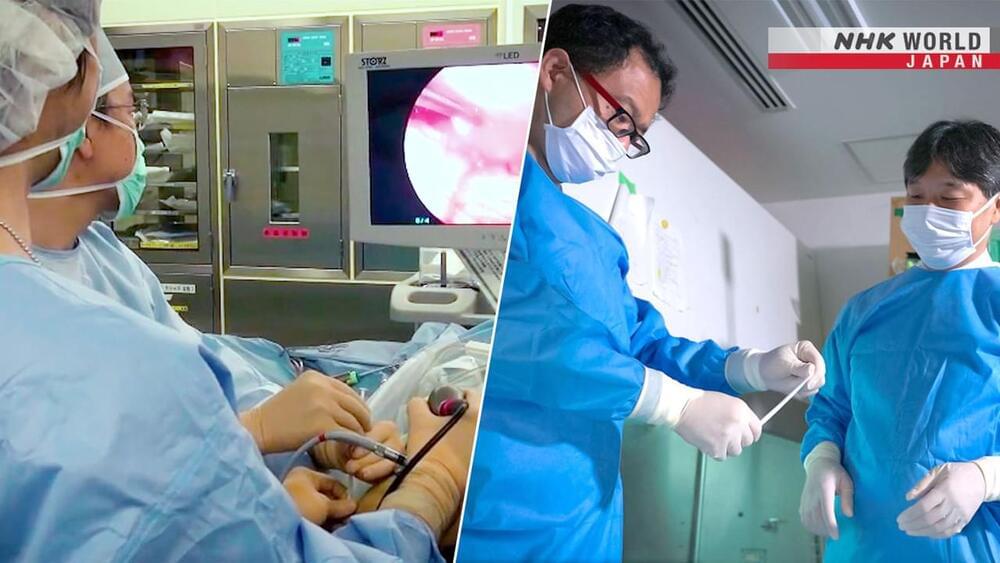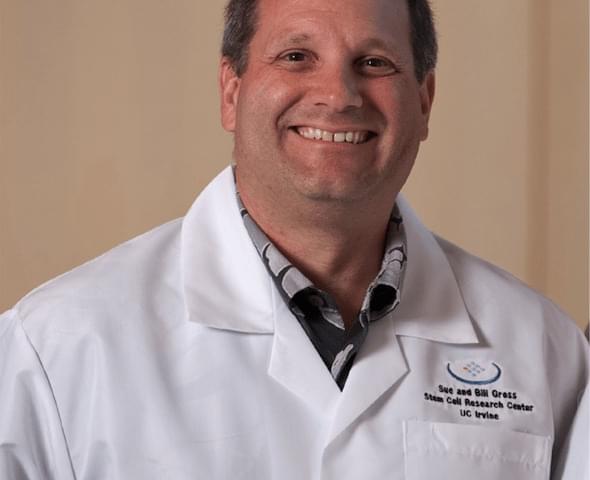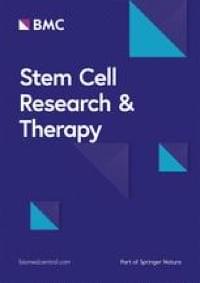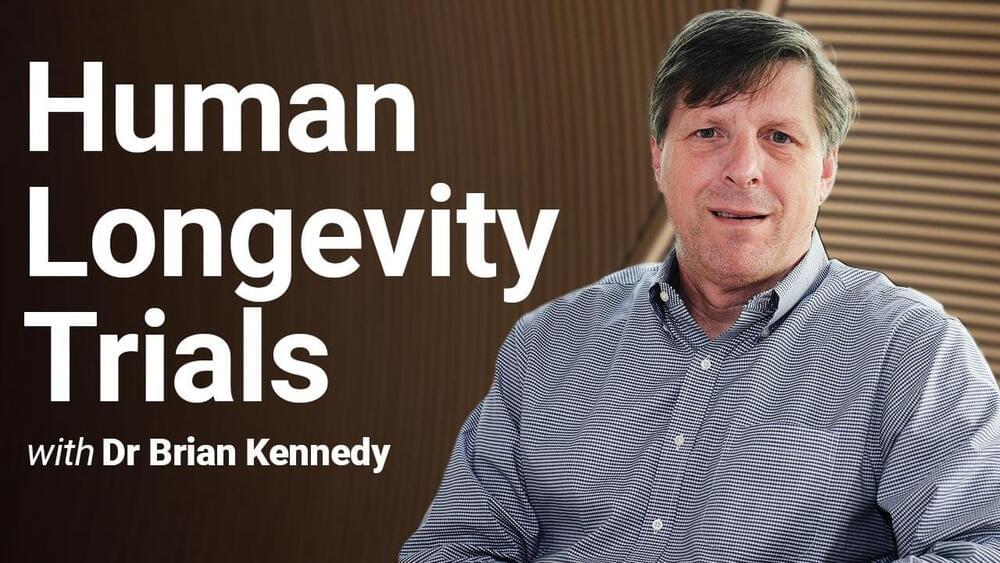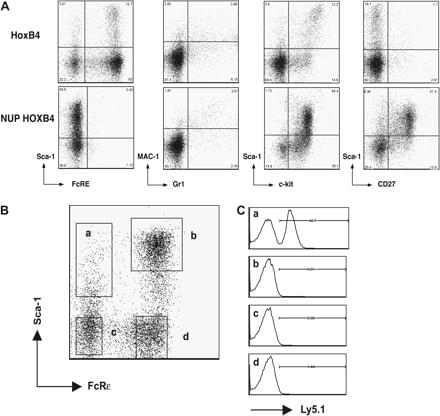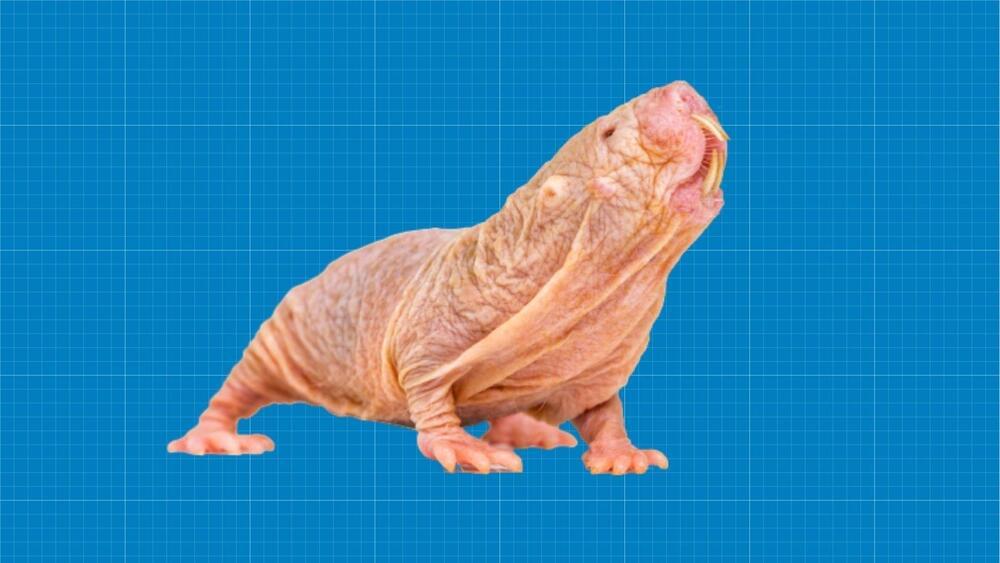Sep 20, 2022
Aubrey de Grey is working to cure aging whether you like it or not
Posted by Kelvin Dafiaghor in categories: biotech/medical, genetics, life extension
Don’t think about living forever. Just think about never getting sick, ever again.
At least that’s how Aubrey de Grey would like you to contextualize his work. The notoriously bearded biomedical gerontologist is the scientific spark that lights up so many all-caps “immortality” headlines. De Grey wants to increase human longevity so significantly that death could become a thing of the past, a condition people fell prey to before they developed the medical technology to stop it. It’s been the center of his work for approximately 20 years.
De Grey started as a software guy at the genetics department of Cambridge University in 1992, maintaining a database of genetic information on fruit flies. In 1999 he published a book called “The Mitochondrial Free Radical Theory of Aging,” where he first laid out the key idea we know him for today: preventing damage to mitochondrial DNA ought to make people live much longer. The idea was so well-received that Cambridge awarded him a PhD the following year. De Grey condensed his thesis to a sound byte in a 2007 interview: “[Humans] are machines, and aging is the wearing out of a machine, the accumulation of damage to a machine, and hence potentially fixable.”


